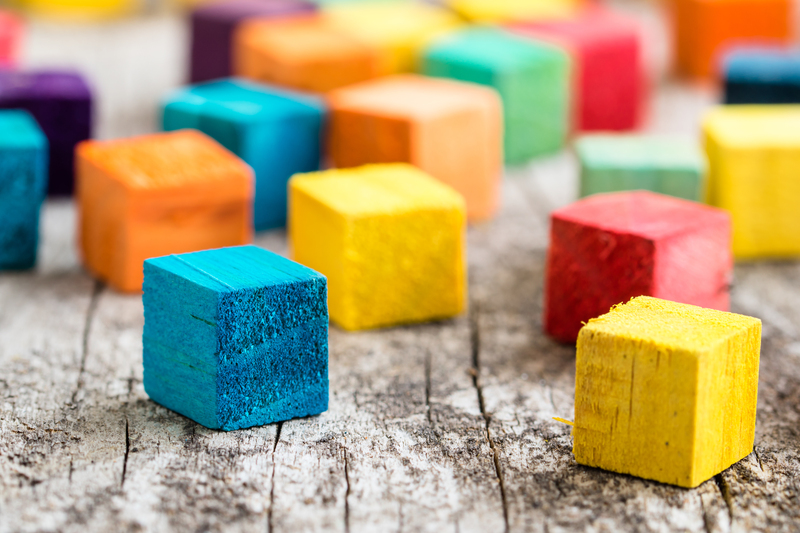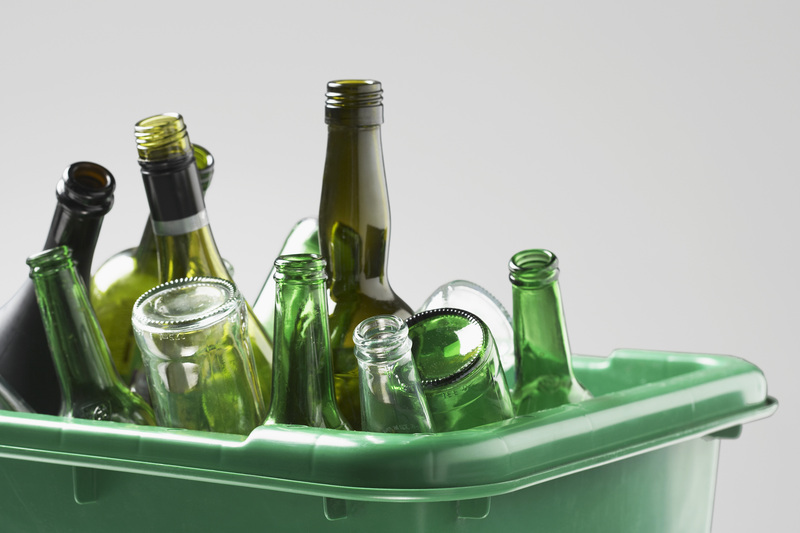Refine Personal Recycling Techniques
Posted on 24/03/2025
Recycling is more than a mere responsibility; it is a critical necessity to preserve our environment. With the growing environmental concerns, refining personal recycling techniques is essential. This article dives deep into some effective strategies to upgrade your recycling habits, offering actionable tips, and a balanced view on the pros and cons.
Understand What Can Be Recycled
To refine your recycling techniques, the first step is to understand what materials can be recycled. Different communities have different regulations, and knowing what is recyclable can significantly improve your recycling effectiveness.
- Paper: Newspapers, magazines, and office paper.
- Plastics: Check the recycling number on the bottom (typically 1-7).
- Glass: Bottles and jars without food residues.
- Metals: Aluminum cans and tin containers.
- Electronics: Many communities offer e-waste recycling programs.

Proper Cleaning of Recyclables
Cleaning your recyclable materials before disposing of them is crucial. Contaminated items can spoil an entire batch of recycling, thereby rendering the effort ineffective.
- Rinse out food containers.
- Remove labels if possible.
- Flatten cardboard boxes to save space.
Use Separate Bins for Different Materials
Having separate bins for different types of recyclable materials can help you stay organized and ensure that materials are correctly sorted.
- Use distinct bins for paper, plastics, metals, and glass.
- Label each bin clearly.
- Consider color-coding for easy identification.
Digitize Documents
Shifting to digital documents can considerably reduce paper waste. Embrace technology to handle daily paperwork, invoices, and even books digitally.
Avoid Single-Use Items
Single-use plastics and paper products contribute a significant amount to landfills. By avoiding these products, you can dramatically decrease your waste footprint. Opt for reusable items such as metal straws, cloth bags, and glass containers.
- Carry a reusable water bottle.
- Use cloth shopping bags.
- Opt for reusable containers for lunch.
Join Local Recycling Programs
Many communities offer recycling programs that can help you recycle items that are not typically accepted in curbside programs. Participate in local recycling drives and educate yourself on drop-off locations.
Recycling Pros and Cons
| Pros | Cons |
|---|---|
| Reduces landfill waste. | Can be labor-intensive. |
| Conserves natural resources. | Recycling rules can be confusing. |
| Promotes sustainable living. | Initial cost for bins and bags. |
Recycling Tips
- Start small and gradually increase your recycling efforts.
- Educate everyone in your household about the importance of recycling.
- Regularly monitor your recycling habits.
- Stay updated with local recycling regulations and changes.

Takeaways
- Understanding recyclable materials is essential.
- Cleaning and sorting your recyclables improve efficiency.
- Using separate bins for different materials can streamline the process.
- Reducing single-use items can dramatically decrease waste.
- Participating in local programs enhances recycling efforts.
Conclusion
Refining your personal recycling techniques is not just about fulfilling a responsibility; it's about contributing to a healthier planet. By understanding what can be recycled, properly cleaning and sorting your materials, and participating in local programs, you can make a significant impact. While there are challenges and drawbacks, the benefits of enhanced recycling habits far outweigh them. Embrace these refined techniques and encourage others to follow suit.
Latest Posts
Essential Tips for Managing Organic Waste






